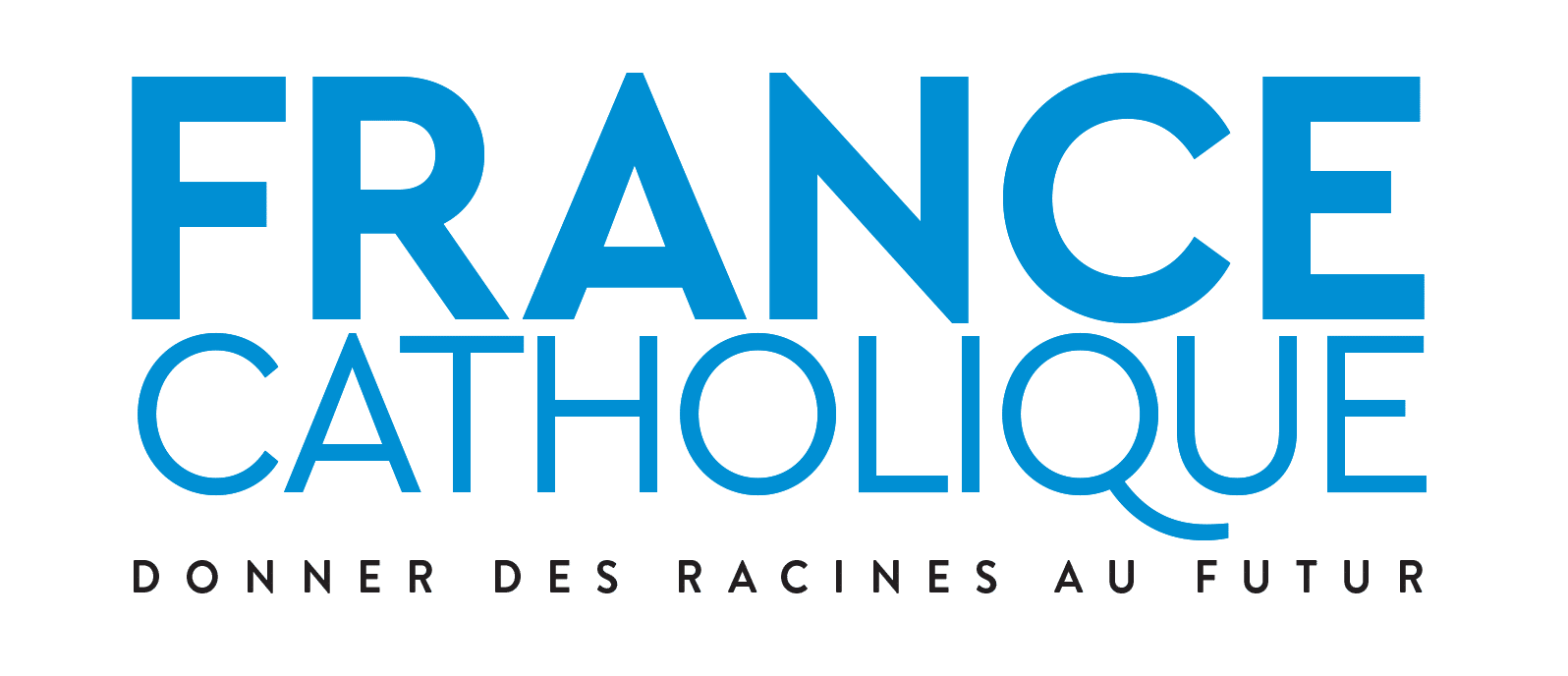There are Christian Arabs in several countries in the Near East: Lebanon, Syria, Palestine, Israel, Iraq, and also Egypt. One also finds small Christian communities in North Africa.
At the time, I lived in Gentilly with Pierre Goursat and Jean-Marc Morin, on the second floor of the priest house of the Cité universitaire’s church . 1re) and aims to create a forum for exchange and debate at the highest level.”. Christian Huteau, one of the students who often joined us, spoke Arabic and was studying for the competitive examinations in that language. He brought a Jordanian student, Adnan Nasrawin, from the Cité Universitaire to us. Both attended the prayer group regularly. In the spring, when the students’ pilgrimage to Chartres took place, I thought of making a flyer in Arabic. With Adnan, we distributed the flyers in university restaurants patronized by Arab students attracted by the special menus, I suppose. Once, we almost got torn to pieces, but we had begun. We organized a small prayer group in Arabic; it took place at the White Sisters’place, on Gay-Lussac Street. Besides Jordanian, some Lebanese, Egyptians, Catholic Syrians, and sometimes, Catholic Orthodox joined the group. Of course, I did not understand anything of what was being said, but I answered “Alleluia!” or “Amin!” when it seemed to fit.
The congregation of the Missionary Sisters of our Lady of Africa, “The White Sisters” were founded by Cardinal Lavigerie, Bishop of Algiers, who had also founded the “White Fathers”, as the Society of the Missionaries of Africa were known. Two of the White Sisters took part in the meetings. Later on, I learned that one of them was the sister of Madame de Proyart, the famous professor of Russian; I will speak about her later. At first the sisters, influenced by the attitude of the time, thought of evangelization in a restrictive fashion; they advised us to use caution. Nevertheless, the group went on with their work and allowed several students to move from a sociologic faith to a personal relationship with Christ. Some of them became courageous evangelizers. One of them is today a high-ranking magistrate in Lebanon and a staunch supporter of a charismatic community. Another has become a priest and teaches theology in Paris.
We were ten to twenty people in this group. It existed for several years. At one time, I think it changed a little into a welcoming and fellowship group because of the events in Lebanon and the Near-East. It finally closed, but contributed to new evangelization efforts in various countries.
This was the first try by the ‘Emmanuel Community’ to evangelize in a very different cultural environment. Shortly after, we started proselytizing among the Gypsies.
Pour aller plus loin :
- “ The Cité Internationale’s 40 houses welcome some 10,000 residents a year, including students, researchers, visiting professors, artists and sportsmen from over 140 countries. It provides quality accommodation complete with a wide range of services (featuring a theatre, library, restaurant, sports facilities, support services and mo







